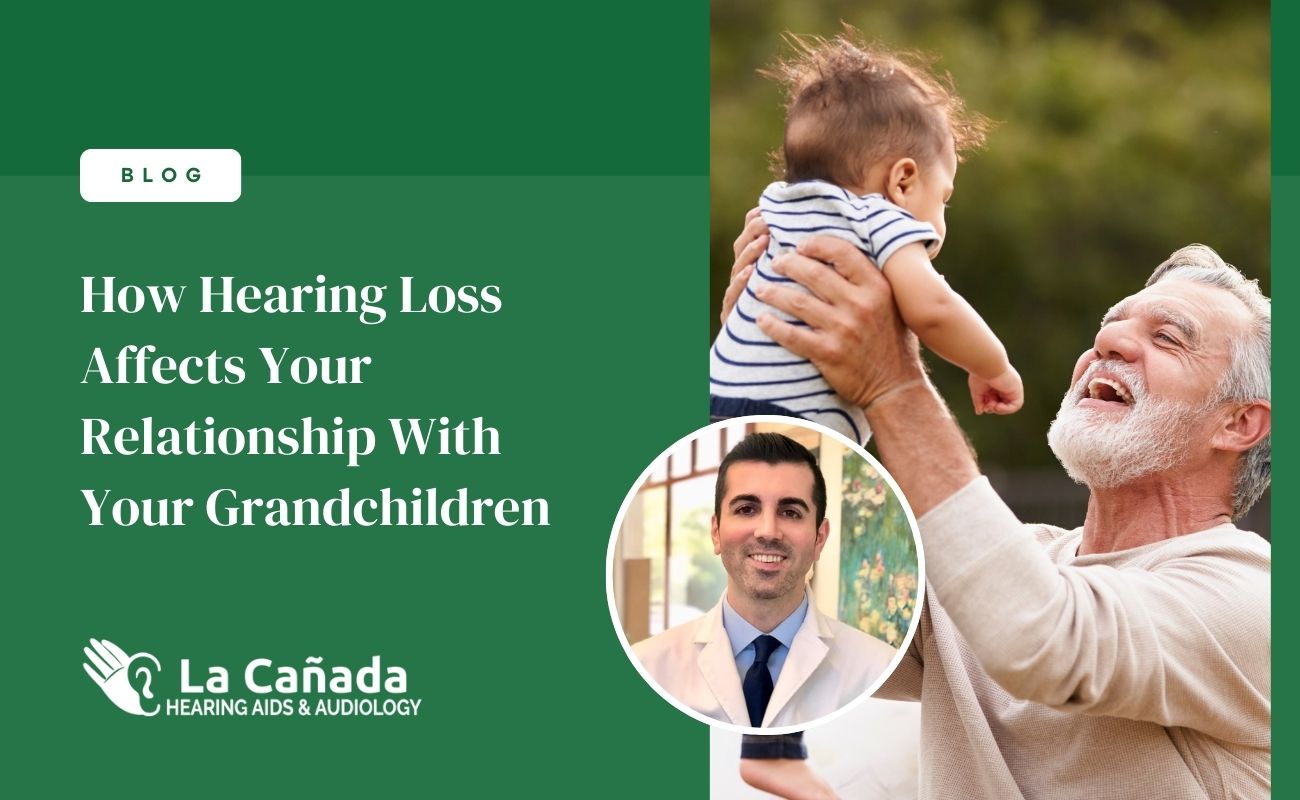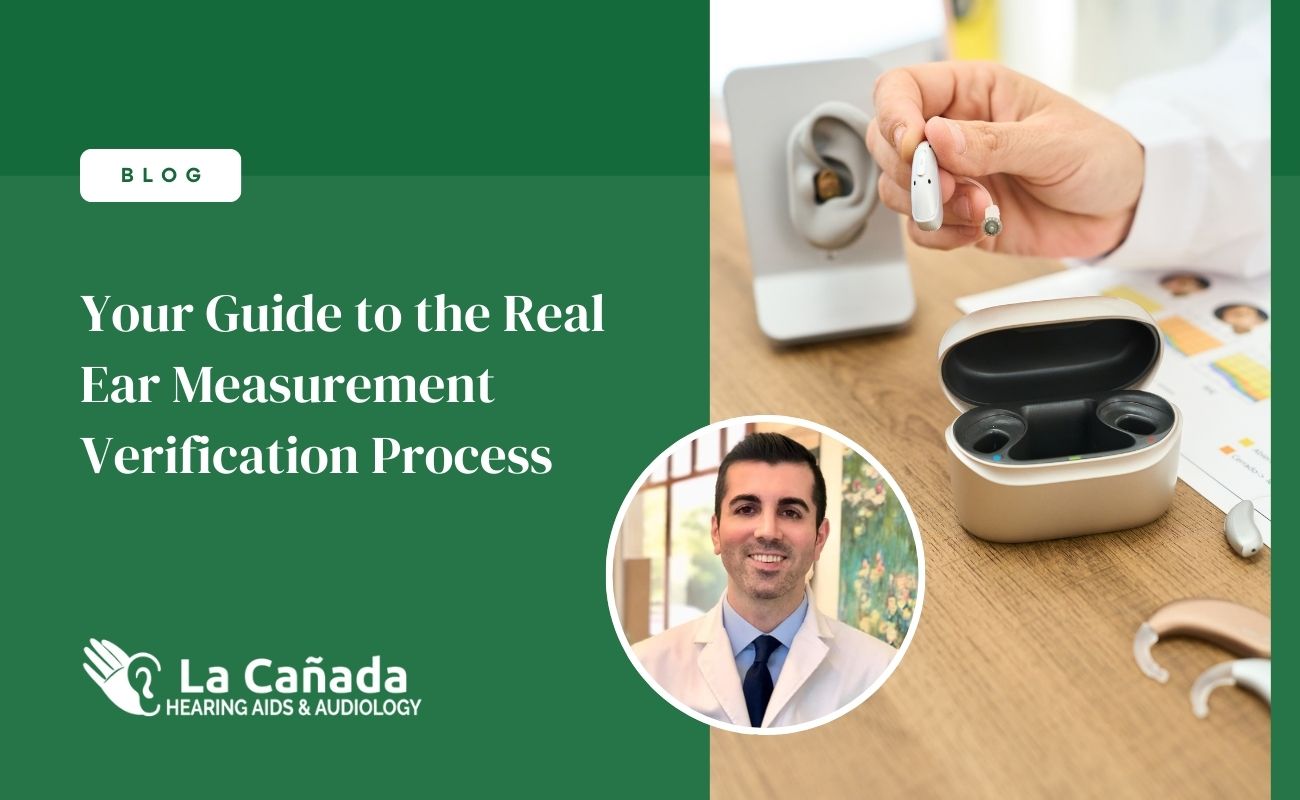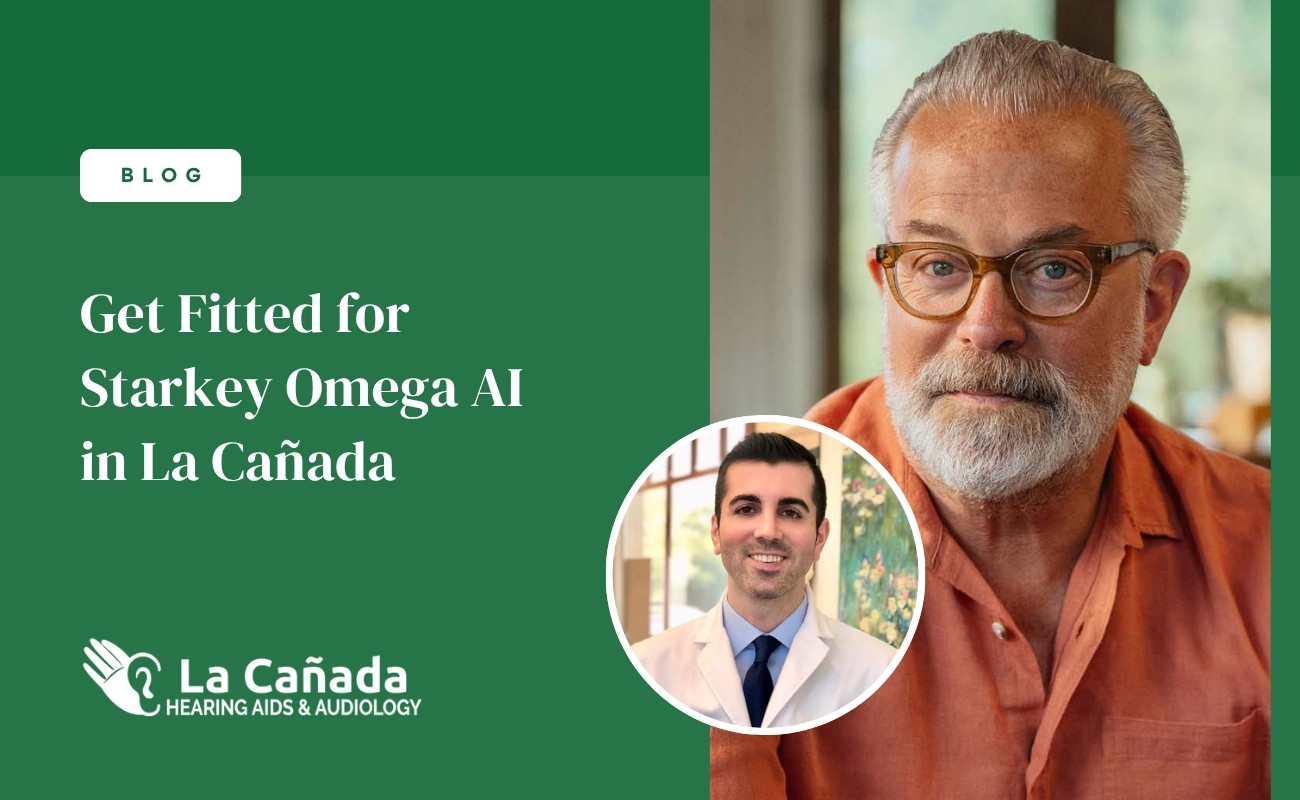We cherish the sound of laughter when sharing time with friends. We relish the notes of a complex melody as our favorite song swells. We listen for the sound of a child’s first words, birds chirping on a warm day and snow padding lightly onto the ground on a winter’s night. Unfortunately, many people will experience hearing loss throughout the course of their lives. This invisible condition affects millions of Americans. There is a good chance it could affect you.
Protect Yourself from Hearing Loss
Although the odds are daunting, there are ways to protect your hearing. Naturally, the first measure you should take is to limit your exposure to loud sounds. It is important to invest in ear protection. You should wear ear protection during musical concerts, when working with power tools and more. If you want to protect your hearing even more, you should also think about eating a healthy diet.
There is growing evidence that eating the right foods can help your hearing. In fact, a study conducted at Brigham and Women’s Hospital revealed that women eating a healthy diet were far less likely to suffer from hearing loss. Health experts believe that this is due to the ingestion of certain nutrients and vitamins. While this has been anecdotally believed for years, this study verified the connection. Women with a healthy diet had a 30 percent less chance of experiencing hearing loss.
Eating the Right Foods For Hearing Health
There are different types of healthy diets, but evidence suggests that key foods and nutrients can be especially useful for your hearing. Generally speaking, researchers often recommend the Mediterranean diet or the Dietary Approaches to Stop Hypertension diet. However, it is possible to break down these diets into customizable forms if you recognize the best nutrients and vitamins to ingest for your ears.
One great place to start is folate. Folate has been thoroughly linked to hearing loss. According to a study published in 1999, elderly patients suffering from hearing loss had folate levels that were 43 percent lower than those with normal hearing. Other studies have corroborated this connection. Therefore, experts recommend eating more folate in your diet. This is easy to do when you eat foods like spinach, beans, eggs and nuts.
Vitamin B12 is another important dietary addition. While studies consistently show that people suffering from hearing loss often have lower B12 levels, experts believe that the connection relates to homocysteine levels in the body. When people are deficient in B12, these levels start to rise. This can restrict blood flow to key places including the inner ear. You can incorporate more B12 into your diet with animal products like fish, meat, eggs and milk. Vegetarians can get their daily B12 from supplements.
There is a lot of talk about omega-3 fatty acids. While there are many health benefits to these acids, most people do not realize how important they are for hearing. Studies have documented that just two servings of omega-3 fatty acids a week can reduce your risk of developing age-related hearing loss. You can get your omega-3 fatty acids in fish, flaxseed, walnuts, beef and eggs.
Finally, it is vital to ingest antioxidants such as vitamins A and C. In one study, participants with the highest levels of vitamin A in their diets cut their risk of hearing loss by nearly half. To increase your vitamin A intake, eat carrots, sweet potatoes, spinach, broccoli, eggs and beef liver. As for vitamin C, experts believe that vitamin C can minimize the effect of hearing loss by reducing reactive oxygen metabolite production in the ear. You can up your intake of vitamin C by eating lots of citrus fruits, strawberries, bell peppers and dark leafy greens.
Create a Diet for Hearing Health
It is important never to take the sounds you love for granted. In order to cherish these sounds for years to come, take proactive measures today. Protect your hearing by choosing a healthy diet. Fortunately, with so many options for vitamins and minerals, it is not difficult to create a diet that is healthy and scrumptious. These simple dietary tips can help you hear the sounds that matter for years to come.


.webp)





